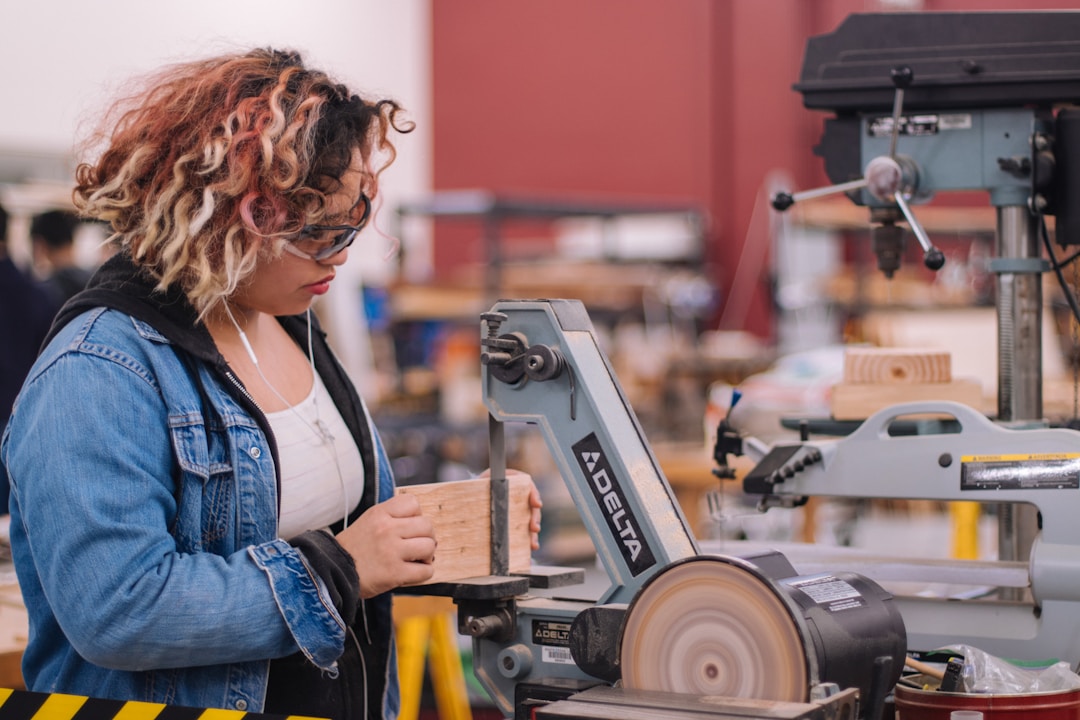We’ve all heard the expression: You get what you pay for. While that’s not always the case, it’s a cliche for a reason. While there are products and items where durability and overall quality don’t matter so much, there are other areas where spending the money upfront can actually save money. If you’re wondering where to spend extra and where to pinch pennies, read on for five areas where you should spend extra if you can.
1. Home Repairs and Upgrades

Our homes are our safe-havens. In the middle of a worldwide pandemic, we know more than ever how important it is that we feel comfortable in our homes. Because of this, it’s important to go for quality and that we are willing to pay fair prices for home repairs and upgrades. Do it yourself jobs are great for passing the time, but it’s best to leave them to the professionals when it comes to bigger jobs.
Maybe your roof leaks, and you’ve spent weeks Googling phrases like ‘roofer near me‘ but aren’t sure whether to go for a new metal roof or if you should do a patch job yourself. The answer is simple. If you have the money for it, be willing to spend it on either a new roof or the help of a professional roofer. Your home is too important to skimp on. The best roofer will tell you that roof repair isn’t cheap, but the long-term bills of paying for mold, damage, and new flooring on top of a full roof replacement is a whole lot more. In short, investing in new shingles or touch-ups are done by a professional roofer now will save you money later on.
Maybe your windows are drafty, thin, or old. Getting durable replacement windows might cost a lot upfront, but in spending the money, you’ll save on energy costs as you go. The best way to ensure energy efficiency is to make those repairs and upgrades count, and a good option is to put bigger home repair and improvement jobs in the hands of pros. If you’re a homeowner with jobs that need doing, consider calling a professional for a free estimate or free quote. In getting additional information about not only pricing but solution options, you’ll be one step closer to making a cost-saving decision. Who knows? You may discover a great option you hadn’t thought of before.
2. Tools for Work

Like our homes, our jobs are important because our income depends on them. It’s a good idea to invest in the right tools for work no matter what field you work in. Maybe you’re a designer or do freelance design as a gig job. While it might be tempting to download free photography image apps or use the cheapest image manipulation programs, by investing in higher-cost applications like the creative cloud or massive cloud storage, you’ll have the ability to make more money.
For example, a photographer might be interested in the best cloud storage for photographers but be squeamish about the cost of an additional 2GB of storage. As much as it might strain the budget to pay for that cost upfront, the long term payoff might be worth it. The same applies to carpenters, contractors, and people who work in skilled trades. Spending money on quality tools upfront will ultimately pay off with not only repeat customers and a better-finished product but the ability to finish projects faster and take on more work. That is, investing in the right tools will help you to do a better job at work. This will all lead to higher customer satisfaction, too.
3. Appliances

Like with our homes, another area where spending extra now will pay off later is in appliances and other items we use daily. Between warranties and the durability that comes with brand names, it’s often worth it to pay extra upfront than to pinch pennies on appliances. This is because a quality product won’t have to be replaced or repaired as often as a cheaper counterpart might. Instead of calling for constant repair services or spending money on new parts, a quality dishwasher, for example, could help you save in the long run.
If you aren’t sure whether to replace an appliance or to buy a new one, call an appliance store or professional for a free quote. They’ll be able to answer those cost-saving questions for you.
4. Healthcare

Our jobs and homes won’t matter so much without our health. For this reason, it’s important to invest in ourselves. For some, the cost of health insurance makes it tempting to get only the minimums or to go uncovered. But in spending extra on solid policies with preventive care, we’re ensuring our futures. A healthy you means one who can work and produce income. So if spending money on health insurance means the ability to make more money long term, it only makes sense not to skimp in this area. Look for a health care plan that offers not only regular check-ups but preventive care and programs, too.
5. Vehicles

Part of a happy, productive life is the ability to get around. From jobs to doctor’s appointments and school, our vehicles make this possible. Whether your church or home is right in your neighborhood or two towns over, you’ll want to spend money on your next vehicle. Instead of going for the used clunker, think about finding an affordable pre-owned vehicle still covered under warranty. While you don’t have to buy a vehicle that’s brand new or off the showroom floor, investing in a high-quality vehicle will save you money down the road.
From repair jobs to failed inspections, anyone who’s ever owned a lemon knows how fast cheap vehicles can get expensive. Strangely enough, the more affordable option is often putting out more money upfront. Even if it means taking on a reasonable monthly payment, you could save yourself money with a higher quality purchase.
In the end, your home, profession, health, and transportation should always come first. When saving your pennies, these are the areas to skip. Look for cheaper deals and discounts in other areas. When it comes to these big-ticket items, always remember that you really do get what you pay for. Your home, health, job, and vehicle are too important to skimp on. In doing your homework and research and reaching out to professionals, you’ll be able to save yourself money down the road and even help the overall quality of your life.





